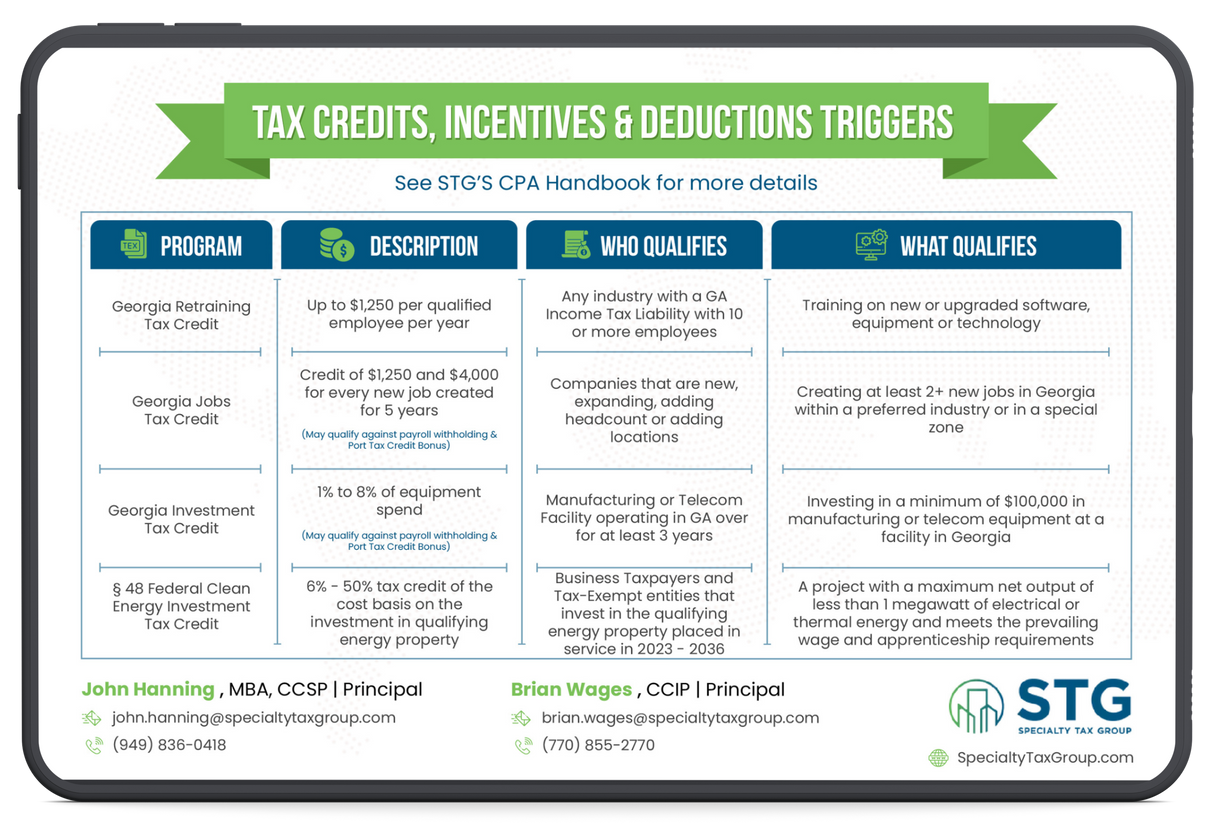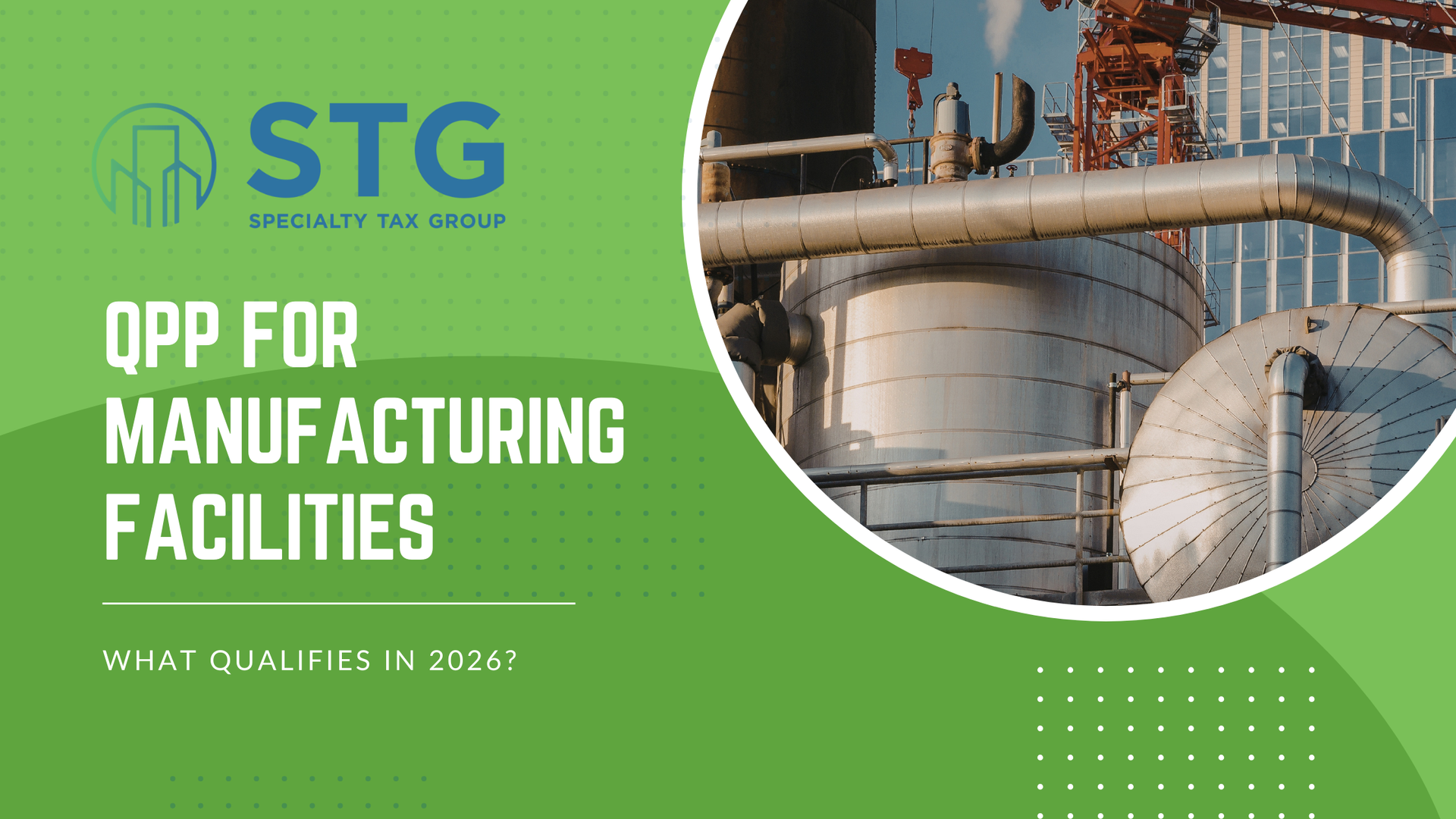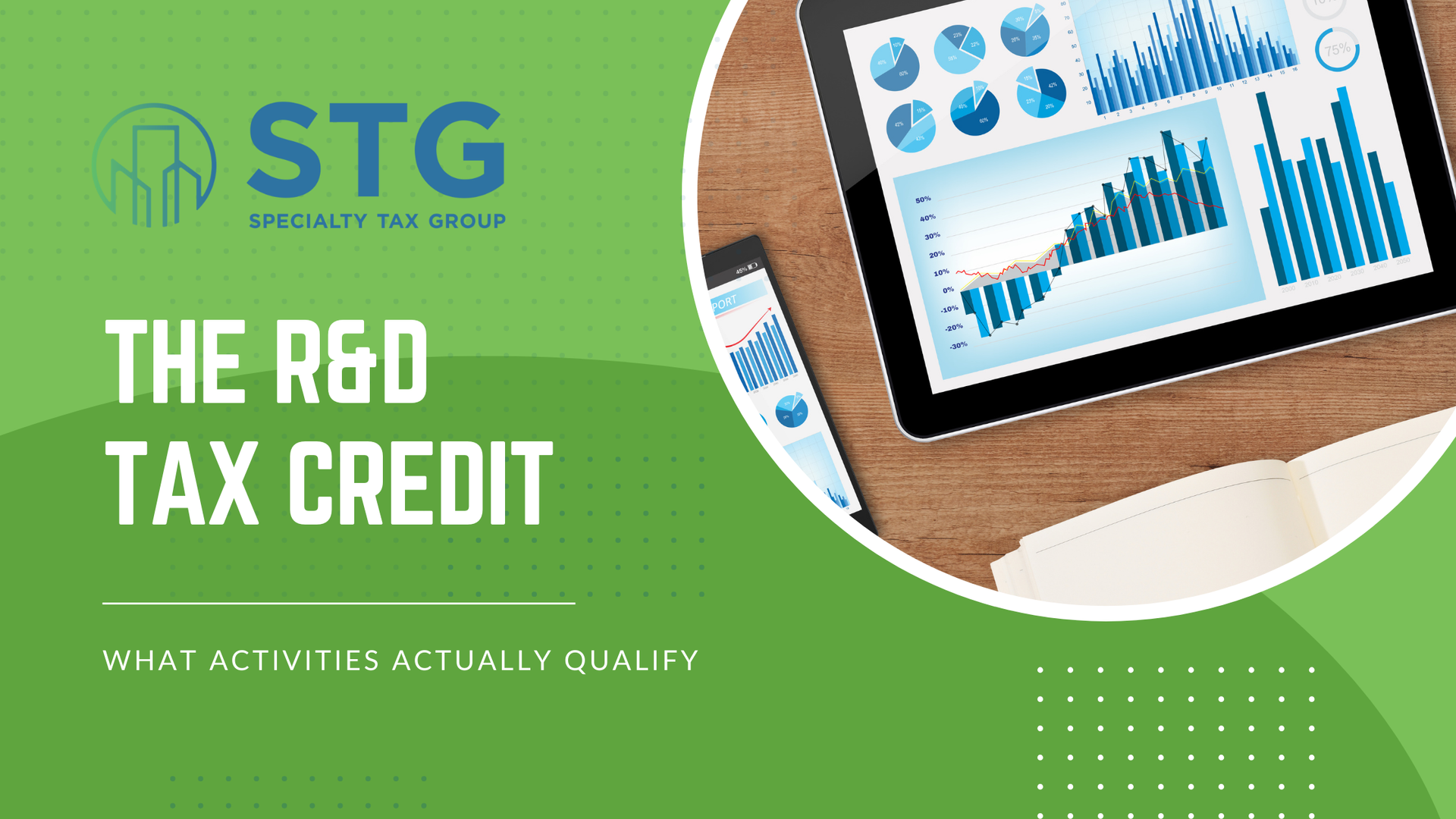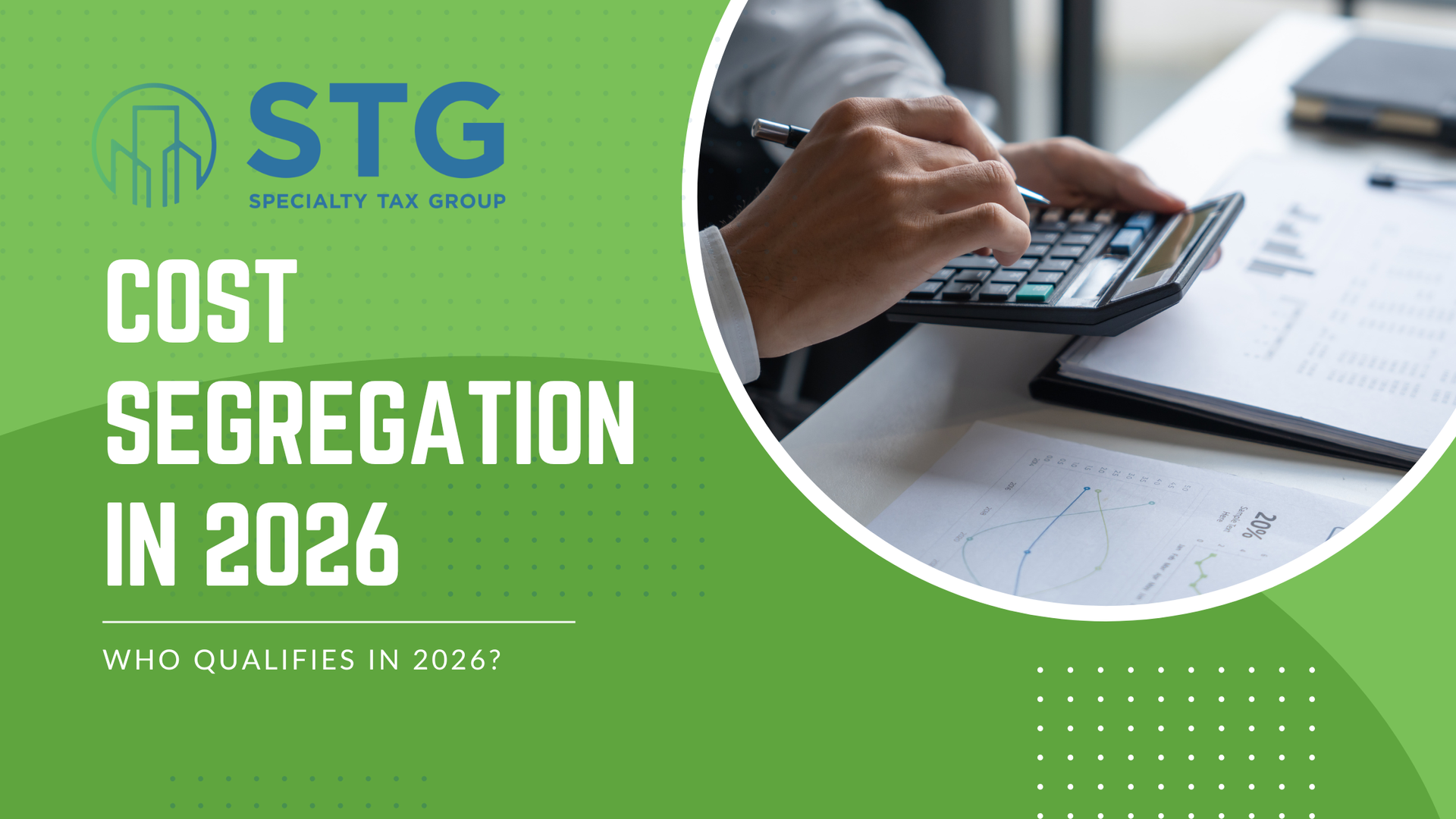This blog post has been researched, edited, and approved by John Hanning and Brian Wages. Join our newsletter below.
The new One Big Beautiful Bill Act (OBBBA) signed into law on July 4, 2025, brings good news for businesses spending money on research and development. The bill permits taxpayers to once again fully deduct domestic research and experimentation (R&E) expenditures under the new Section 174A, starting with tax years after December 31, 2024. However, it also creates a tough choice for small business owners, who can elect to apply these rules retroactively back to tax years beginning after December 31, 2021. Further administrative guidance was recently provided in Rev. Proc. 2025-28 on how to apply these rules.
Here's the big question: Should you go back and amend your old tax returns from 2022-2024 (if eligible), or simply wait and take accelerated deductions in 2025 and/or 2026?
The Basics:
- The Tax Cuts and Jobs Act (TCJA) required taxpayers to capitalize R&E expenditures for tax years beginning after December 31, 2021 and amortize them over 5 years for domestic research and 15 years for foreign research, instead of fully expensing them in the tax year they were incurred.
- The OBBBA changes these unfavorable rules and once again allows for the full expensing of domestic R&E costs for tax years beginning after December 31, 2024 for all companies.
- Foreign R&D spend is still beholden to the 15-year amortization period.
- The OBBBA includes an election for eligible small businesses who meet the gross receipts test that allows them to amend their 2022-2024 returns to apply these OBBBA rules retroactively.
- To meet the gross receipts test, for your first tax year beginning after December 31, 2024, your average annual gross receipts over the prior three tax years must be less than $31 million.
- For example, a calendar year taxpayer who averages their 2022, 2023, and 2024 gross receipts and finds that number is less than $31 million would be considered a small business under OBBBA.
- As a small business, you have two main options for previously capitalized and unamortized domestic R&D costs from 2022–2024: amend those tax returns to apply the OBBBA rules retroactively OR take catch-up deductions starting in 2025 by either deducting the full remaining balance of unamortized R&E costs on your 2025 tax return, or spread the deduction evenly across 2025 and 2026 tax returns.
- All other companies that are not considered small businesses can use the second option.
Your Two Options Explained Simply
Option 1: Amend Your Prior Year Tax Returns (2022-2024)
This means going back and amending your tax returns from the past three years.
Good things about this choice:
- You potentially get money back faster
- You fix the problem right away
- Could mean big cash flow boost now
- Can claim any missed Research and Development Tax Credits
Things to think about:
- More paperwork and complexity—especially for flow through entities such as partnerships and S corporations. All partner/shareholder returns must be amended as well, and ownership changes during the 2022 – 2024 timeframe could further complicate things.
- IRS processing time for amended returns could be slower, especially after recent staffing and budget cuts. If you usually file timely (March 15th or April 15th) without extension, those could potentially be processed quicker than amended returns.
- For any year from 2022 to 2024 in which you capitalized R&E expenditures, you must amend that year’s tax return—you cannot selectively amend only certain returns from the 2022 to 2024 time period.
- Amending your returns could potentially create net operating losses (NOLs) that are limited in their use.
- Amended returns must be filed by July 4th, 2026.
Option 2: Wait and Take Big Deductions in 2025-2026
Instead of going backward, you can just deduct your unamortized R&E costs on your future tax returns. You can deduct the full remaining balance of unamortized costs on your 2025 tax return, or spread the deduction evenly across 2025 and 2026—whichever approach best aligns with your tax strategy.
Good things about this choice:
- Much simpler - no amended returns needed
- Filing 2025 original tax returns timely without extension could potentially result in faster processing than amending prior year tax returns
- You can plan exactly when to take the deductions
- You could potentially forgo upcoming estimated payments
- No tight deadlines to worry about
Things to think about:
- Might not be the best if you need cash now, plan to extend your 2025 return, and have a simpler fact pattern in your prior years
- You could be missing out on R&D credits if you didn’t claim them in prior years
Making the Right Choice for Your Business
Choose to amend old returns when:
- You really need cash flow right now
- You plan on extending your returns and filing later in 2026
- You didn’t claim R&D credits and want to include them now
- Your accountant says the refund will be worth the extra work
Choose to wait for catch-up deductions when:
- You want to keep things simple
- Getting money back immediately isn't critical
- You'd rather avoid any extra administrative burden
- You can benefit from timing the deductions better
Other Tax Strategies to Consider
Smart business owners often combine R&D benefits with other tax-saving strategies. If you own real estate for your business,cost segregation studies can create additional deductions. Companies investing in clean energy might also benefit fromgreen energy tax credits.
Some states offer extra benefits too. For example,Georgia businesses (as well as businesses in other states with their own R&D credits) can stack state credits with federal R&D benefits.
The Bottom Line
The OBBBA gives small businesses a great opportunity to save money on taxes, but the choice between amending old returns or waiting for catch-up deductions isn't simple.
This is complicated stuff, and the rules are still being clarified. Working withexperienced tax professionals who understand R&D tax benefits and rules can help you make the right choice and avoid costly mistakes.
Take time to understand your options, gather your records, and get good advice before making this important decision.





